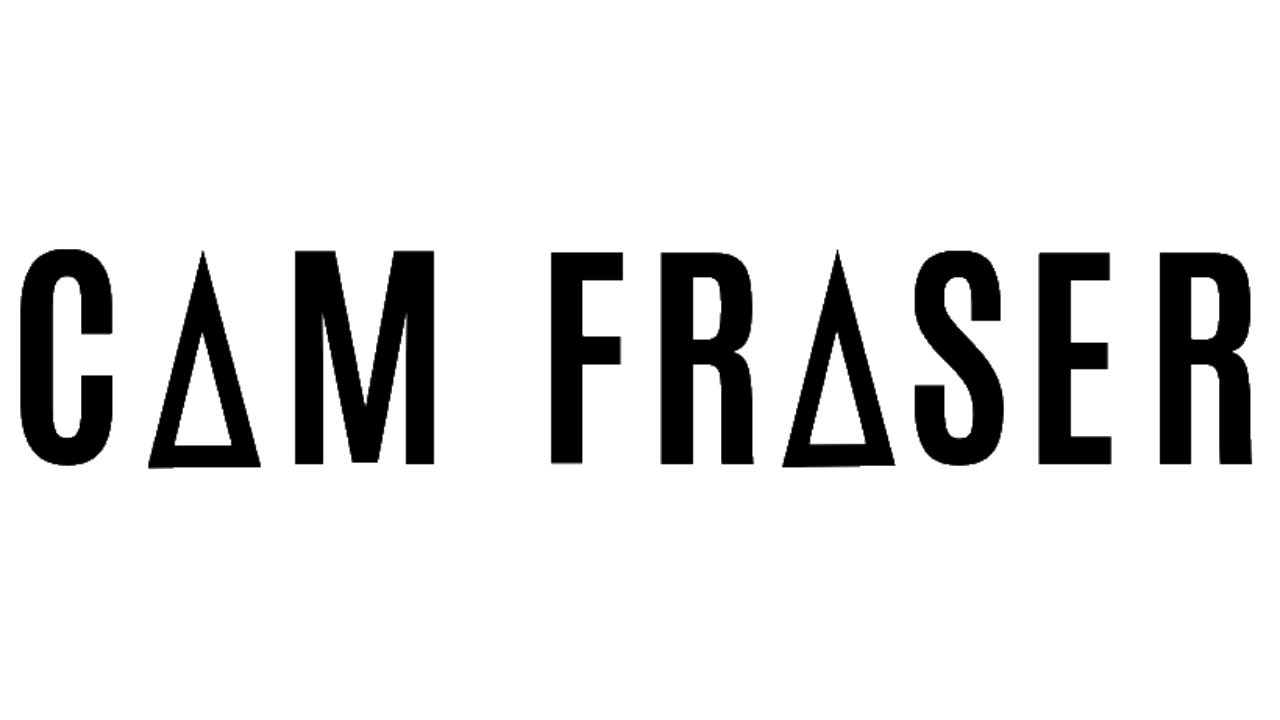
The reason why many men are one-hit wonders in the bedroom is because of a hormone called prolactin, which is released from the anterior pituitary gland. Prolactin is known for stimulating milk production after childbirth but it also suppresses sexual behavior (Snowdon & Ziegler, 2016).
During sexual activity, as you build toward ejaculation, a neurotransmitter called dopamine stimulates the experience (Peeters & Guiliano, 2007). Among other things, dopamine inhibits prolactin (Fitzgerald & Dinan, 2008). There is an inverse relationship between the two. That is, when dopamine is high, prolactin is low, and vice versa.
So, ejaculation floods the brain with dopamine, creating a transitory spike. But, what goes up must come down. Your reserve stores of dopamine have essentially been used up. That is why, after an ejaculation, there are substantial increases in plasma prolactin (Exton et al., 2001).
This increase in prolactin is partly responsible for the refractory period (Haake et al., 2002), that period of time after an ejaculation when you can’t continue to be sexual. Therefore, minimizing the release of prolactin can shorten refractory time and even help you become multi-orgasmic.
A traditional Chinese herbal medicine known as Yishen Zhuangyang has been found to reduce levels of prolactin (Hasani-Ranjbar et al., 2010). This medicinal mixture contains astragalus root, Chinese yam, caulis cynomorii, barrenwort, dodder seed, Indian mulberry, rehmannia, Cornelian cherry, dwarf lilyturf root and magnolia berry (Wang et al., 2008).
Yishen Zhuangyang has been found to improve erectile function (Huang & Xue, 2019) and has anecdotally helped men achieve multiple orgasms.
[space size=”10px”]
[btn text=”BACK” border=”1″ borderradius=”0″ link=”https://cam-fraser.com/blog/” tcolor=”#ffffff” bcolor=”#be553c” bordercolor=”#ffffff” thovercolor=”#ffffff” bhovercolor=”#9b3e37″ borderhovercolor=”#000000″ size=”large”]
